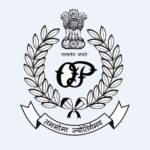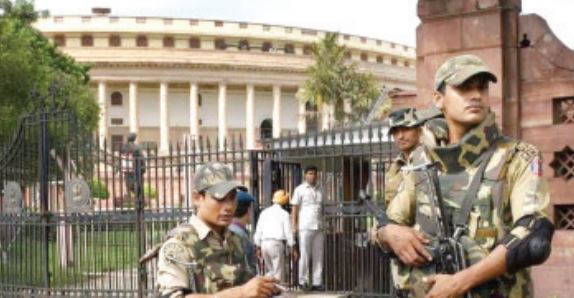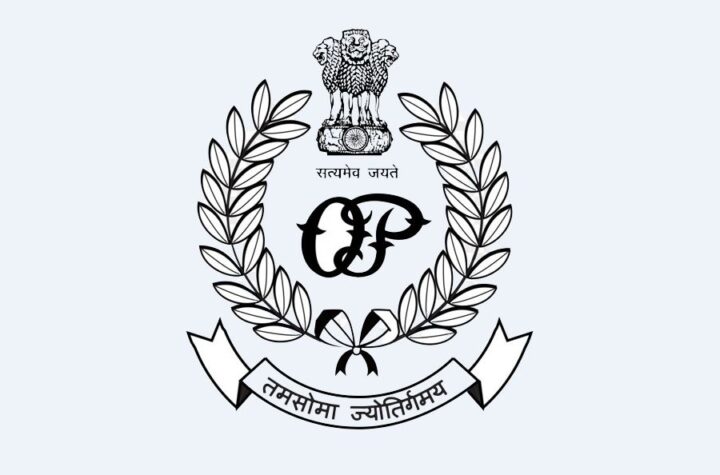New Delhi: Access to the Parliament – a high-profile issue after last week’s security breach – will now be guarded by the Central Industrial Security Force, or CISF, the Home Ministry said in a notification issued Wednesday. The CISF will replace Delhi Police as the agency in charge, and will take over all responsibilities, including frisking entrants. Security within the building will continue to be the responsibility of the Lok Sabha Secretariat, while the police will continue to protect the outer perimeter. The change – seen as an attempt to streamline protocols instead of having different agencies get in each others’ way – will be enforced after the detailed security sweep ordered by the Home Ministry. The CISF provides “integrated security cover to sensitive public sector undertakings” and currently guards over 350 such locations, including airports, sea ports, and nuclear facilities. On December 13 two men gained access to the Lok Sabha’s visitor gallery via passes issued by a BJP MP’s office, and popped yellow smoke canisters inside the chamber, triggering a massive scare. The cans were slipped past Delhi Police’s physical checks in cavities cut into custom-made shoes. Two others – a man and a woman – opened red and yellow smoke cans outside the complex. All four have been arrested and are being interrogated by the police. Two others, including the alleged mastermind, are also in custody, but the entire incident has led to a massive political row, with the opposition demanding answers from Prime Minister Narendra Modi and his government. That row has since snowballed into a fiery political stand-off and 143 opposition MPs have been suspended from this session of Parliament, the final full sitting before next year’s election. Hours after the security scare, the government had announced tightening of protocols for entry into the Parliament complex, barring visitors and non-essential staff. Separate entrances were allotted for MPs and their staff members, while press (temporarily banned) were given a third gate. Visitors, when allowed again, must enter from a fourth gate. In addition, the visitors’ gallery will be encased in glass to stop people from jumping into the House chamber, and body scan machines – similar to those in airports – will also be installed. Last week’s security breach was on the 22nd anniversary of the attack on the old Parliament building, which saw terrorists from two Pakistan-based terror outfits kill nine people.
Exclusive
Breaking News
 ‘Still poor country’: India going to become third largest economy in world
‘Still poor country’: India going to become third largest economy in world
 Viksit Bharat, Viksit Odisha: PM Appeals to State People to Vote for BJP
Viksit Bharat, Viksit Odisha: PM Appeals to State People to Vote for BJP
 Odisha Crime Branch arrests 3 Directors of 2 Fintech companies for Cyber Fraud
Odisha Crime Branch arrests 3 Directors of 2 Fintech companies for Cyber Fraud
 AstraZeneca withdraws Covid-19 vaccine globally, months after admitting rare side effects
AstraZeneca withdraws Covid-19 vaccine globally, months after admitting rare side effects
 India – New Zealand joint trade committee acknowledges in both economies
India – New Zealand joint trade committee acknowledges in both economies






More Stories
‘Still poor country’: India going to become third largest economy in world
Viksit Bharat, Viksit Odisha: PM Appeals to State People to Vote for BJP
Odisha Crime Branch arrests 3 Directors of 2 Fintech companies for Cyber Fraud